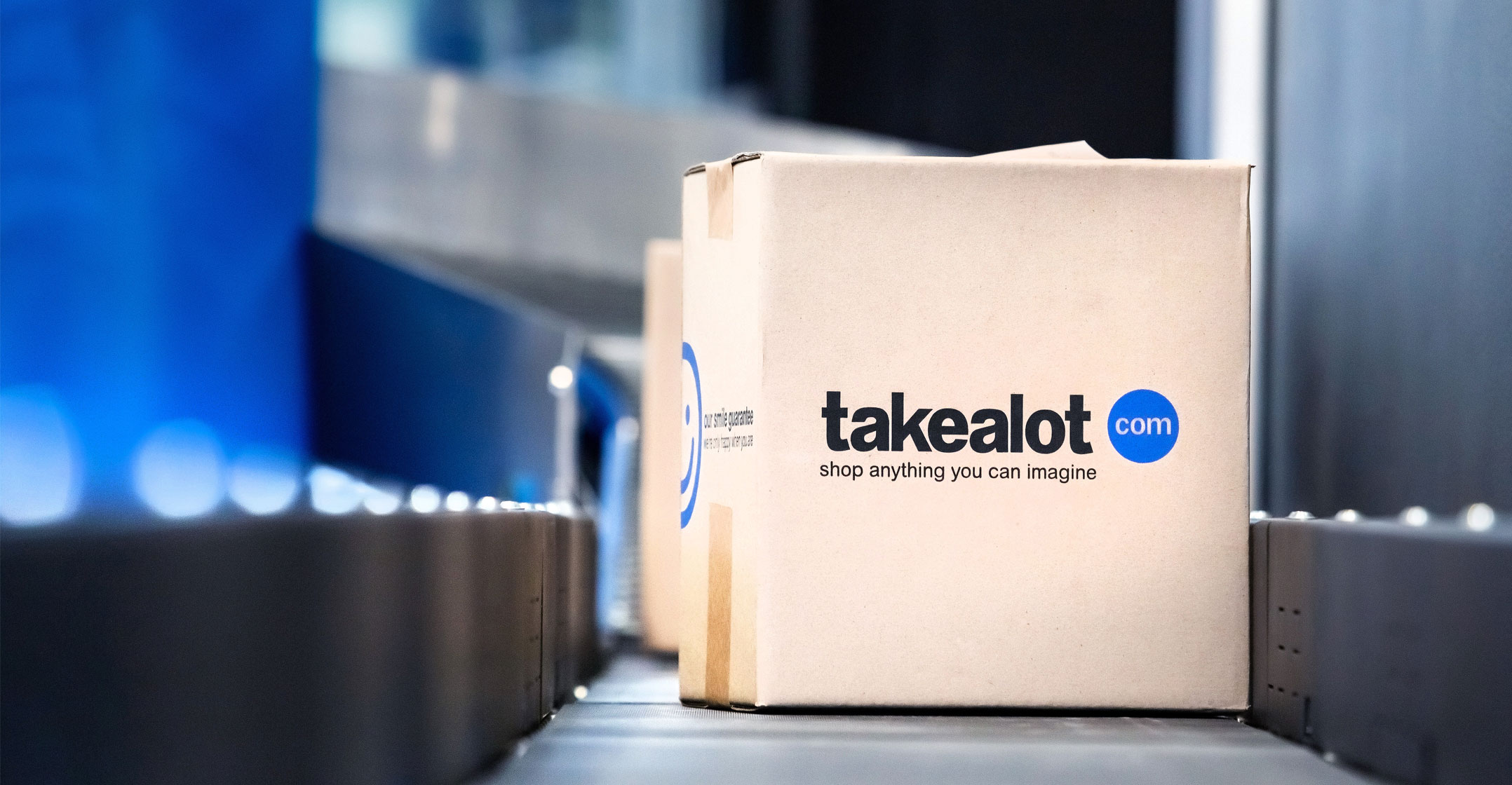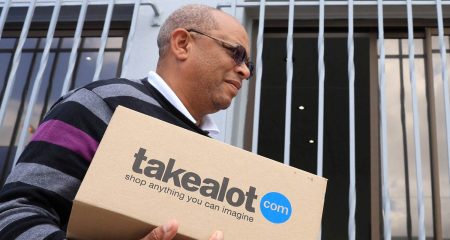 Takealot.com, South Africa’s largest online retailer, grew revenue by 41% to US$238-million (R3.7-billion at the time of writing), despite being limited to selling only “essential items” during the hard lockdown earlier this year.
Takealot.com, South Africa’s largest online retailer, grew revenue by 41% to US$238-million (R3.7-billion at the time of writing), despite being limited to selling only “essential items” during the hard lockdown earlier this year.
The Naspers-owned and -controlled e-retail group generated $407-million in gross merchandise value in the six months to September 2020, up 85% on the same period a year ago. GMW is the total value of merchandise sold.
Despite Takealot only being allowed to sell essential goods, its subsidiaries Superbalist and Mr D Food banned from trading altogether as well as “significant one-time pandemic-related investments”, it generated a trading loss improvement of 36%.
“The business rebounded in late May when trading restrictions were lifted and all three businesses exceeded their pre-Covid-19 growth rates in the second quarter,” Naspers said.
“The core Takealot.com platform grew GMV by 88% in local currency, with the first-party and third-party businesses growing 69% and 119% respectively.”
Superbalist, an online fashion retailer, grew GMV by 37% in rand terms and delivered “healthy gross margins”, Naspers said. Mr D Food “continued to scale and expand the local market for food delivery”.
Regained momentum
“Once lockdown regulations were lifted, Mr D Food regained its momentum and grew GMV 101% in local currency for the period.”
Takealot CEO Kim Reid was a harsh critic of government’s Covid-19 lockdown restrictions, especially during levels 5 and 4, during which time there was a ban on unfettered e-commerce. He described the ban as “incomprehensible” and said it flew in the face of government’s commitment to the so-called fourth Industrial Revolution.

“It is incomprehensible that this country cannot see the economic value that online can deliver to South Africa in a time of need, the social value that it can deliver at this time. Everywhere in the world it’s open and doing exactly what it should be doing, which is facilitating social distancing,” Reid said in an interview with TechCentral on 24 April.
“There should be no limitation on online delivery to the home – no limitation! And I’m not talking about food – food is more controversial – but when we get down the delivery of essential and non-essential goods to people’s homes … it’s daft (to ban it).” — © 2002 NewsCentral Media




